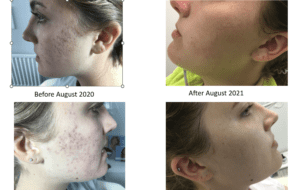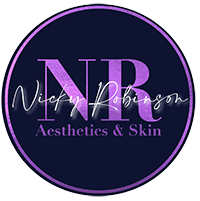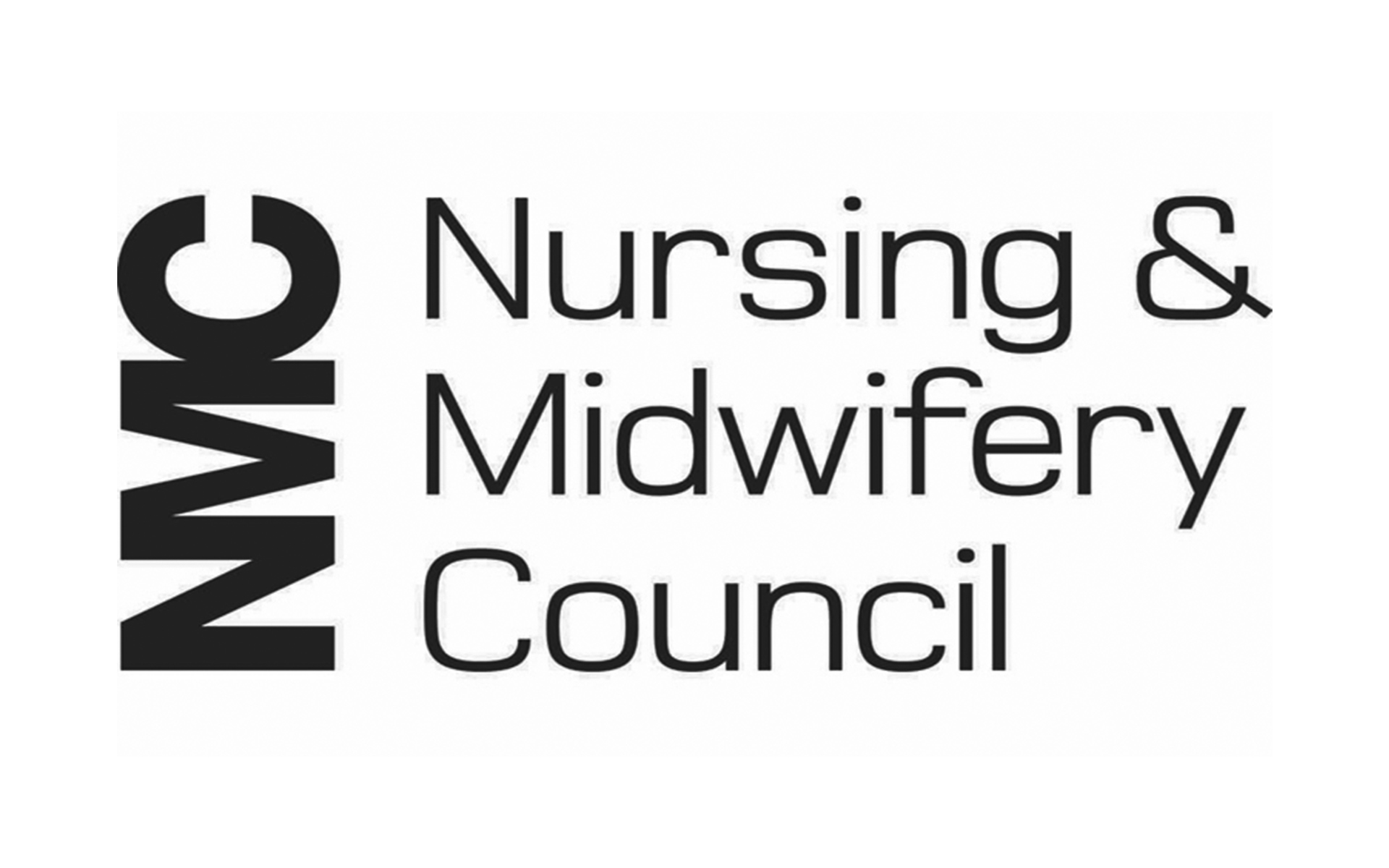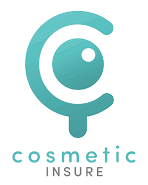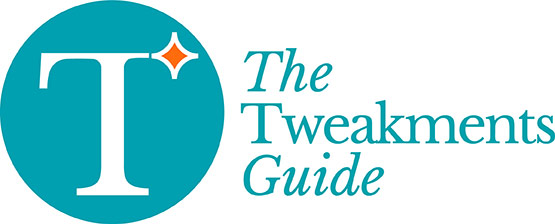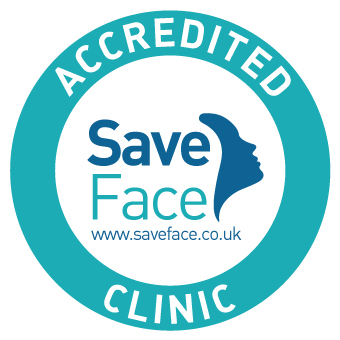What is ACNE?
Acne is a common skin condition that occurs when hair follicles become clogged with oil and dead skin cells. This can result in the formation of various type of spots.
What types of spots can you get?
There are 6 main types of spots caused by acne:
Blackheads – small black or yellowish bumps that develop on the skin; they’re not filled with dirt but are black because the inner lining of the hair follicle produces colour.
whiteheads – have a similar appearance to blackheads, but may be firmer and will not empty when squeezed
papules – small red bumps that may feel tender or sore
pustules – like papules, but have a white tip in the centre, caused by a build-up of pus
nodules – large hard lumps that build up beneath the surface of the skin and can be painful
- cysts – the most severe type of spot caused by acne; they’re large pus-filled lumps that look like boils and carry the greatest risk of causing permanent scarring
Where can you get acne?
Acne can occur on any part of the body, but it is most seen on the face, neck, chest, back, and shoulders.
What causes acne?
It is usually caused by sticky dead skin cells from the lining of the hair follicle clumping together due to an over production of keratin by your skin. These clumps may mix with the oil being produced by the follicles and sebaceous gland & form a blockage. Bacteria can then grow in the blockage & lead to inflamed acne.
The over production of keratin plays a large role in acne, along with the amount of oil produced by your sebaceous glands. The more you have of these the more likely you will be prone to acne.
Here are some common triggers.
DNA & HORMONES
Your DNA is at the core of controlling how much keratin your skin produces & how large or productive your sebaceous glands are.
Your DNA also affects your chances of acne by controlling hormones. Testosterone & DHT are the 2 hormones that contribute to acne.
These hormones appear during puberty with males producing more than females.
MENSTRUATION
Menstrual cycles play a part in influencing acne outbreaks in females, due to the changes that occur with the reduction in oestrogen and increase in testosterone from around day 14. This influences how testosterone connects with receptors in the skin and increases the size of sebaceous glands and increases the oil production, which often leads to blockages causing acne.
PREGNANCY
During the first 12 weeks of pregnancy, the body produces more progesterone which has similar effects on the skin to that as described above.
MENOPAUSE
Most people think that acne is something you suffer with in your teenage years, however the menopause affects the hormone levels of oestrogen and progesterone hormone.
In some women, the decrease in oestrogen levels during menopause can lead to an increase in androgen hormones, such as testosterone. Androgen hormones can stimulate the sebaceous glands in the skin to produce more oil, which can lead to clogged pores and acne breakouts.
Furthermore, menopausal women may also experience thinning of the skin, making it more susceptible to injury and inflammation. This can lead to the development of acne lesions and scarring.
In addition to hormonal changes, other factors that can contribute to acne during menopause include stress, medications, and certain cosmetic products.
BACTERIA
We all have certain levels of bacteria on our skin some of which are okay for the body & others that are not. There is one bacterium called Propionibacterium acnes that’s a mouthful I know so know as P acnes for short. It is commonly found in the hair follicles, where it feeds on dead skin cells & the sebum that the glands produce. If the follicle gets blocked or the gland starts to produce increasing levels of sebum, then P acne has an ideal ground for breeding.
As it breeds it releases a substance to help digest nutrients. Some of these may weaken the follicle wall making it more susceptible to splitting, which then results in white blood cells rushing to fight off the bacteria causing inflammation, redness & pus.
Think of it like a little army of defense
COSMETICS
It’s often a real issue, most people that have acne are embarrassed by the effects and try to cover the acne with makeup. By applying make up you cover the skins pores and can make there way into the hair follicles & form a blockage
Tips for make-up.
- Use non comedogenic – this means non pore blocking.
- Avoid oil-based products.
- Choose lighter & thinner products opt for a gel if possible.
STRESS
This is a contentious area, and more research is needed into the effects of stress and acne. However, as a hormone called cortisol is released during stress, this results in increasing amount of testosterone & DHT which affect the level of oil in the sebaceous glands, often leading to acne.
DIET
This is another contentious area, and more research is needed, however food that are rich in sugar & carbohydrates and dairy result in a increase of another hormone called IGF-1 which again influences the increase in testosterone & DHT and as described above we know that this affects the akin.
MEDICAL CONDITIONS
There are certain medical conditions that can increase your chances of developing acne.
The main one being Polycystic Ovaries (PCOS) as this results in higher testosterone levels.
MEDICATION
Certain types of medication can influence the development of acne, from steroids through to Hormone replacement therapy.
Self-help tips for acne
Do not wash affected areas of skin more than twice a day. Frequent washing can irritate the skin and make symptoms worse.
Wash the affected area with a mild soap or cleanser and lukewarm water. Very hot or cold water can make acne worse.
Do not try to “clean out” blackheads or squeeze spots. This can make them worse and cause permanent scarring.
Avoid make-up, skincare and sun care products that are oil-based (sometimes labelled “comedogenic”). Use water-based non-comedogenic products, as they’re less likely to block the pores in your skin.
Completely remove make-up before going to bed.
If dry skin is a problem, use a fragrance-free water-based emollient.
Regular exercise cannot improve your acne, but it can boost your mood and improve your self-esteem. Shower as soon as possible once you finish exercising as sweat can irritate your acne.
Wash your hair regularly and try to avoid letting your hair fall across your face.
What effects can acne have on a person?
Although acne is not usually a serious medical condition, it can have a significant impact on a person’s self-esteem and quality of life. Treatment options for acne may include over-the-counter topical treatments, prescription medications, and lifestyle changes and there are various medical aesthetic treatments that can help. If it is affecting you, you do not need to suffer always seek help.
Treatment for acne
If you have tried all the self help tips above and still suffering you need to speak to a Medical Aesthetics practitioner, Nurse Nicky at NR Aesthetics & SKIN in Bromsgrove Worcestershire can help and advice on various treatment options.
There are various treatment options for acne, over the counter topical applications, however often these may not treat certain types of acne and they would require a medical grade skin care that is often prescription. Obagi ®Skincare range is offered in NR Aesthetics & Skin along with Professional peels from Obagi® or PCA® skin.
The treatment of acne depends on the severity and type of acne. Mild acne can usually be treated with over-the-counter topical products, while moderate to severe acne may require prescription medications. Here are some common treatments for acne:
Topical treatments: Over-the-counter products containing salicylic acid, benzoyl peroxide, or retinoids can be effective in treating mild to moderate acne. Prescription topical medications, such as topical antibiotics and retinoids, can be used to treat more severe acne.
Oral medications: Antibiotics, hormonal therapies (such as birth control pills), and isotretinoin (Accutane) are prescription medications that can be used to treat moderate to severe acne.
Chemical peels: Chemical peels can be used to exfoliate the skin and reduce the appearance of acne scars.
Light therapy: blue and red-light therapy can be used to kill bacteria and reduce inflammation in the skin.
Lifestyle changes: Simple lifestyle changes, such as keeping the skin clean and avoiding touching the face, can also help prevent and treat acne.
It’s important to consult with a healthcare provider or dermatologist to determine the best treatment plan for individual needs, as some treatments may have side effects or be contraindicated in certain situations.
What if I have scarring from acne?
Again, see Nurse Nicky, she can advise you, the most common treatment options is SKIN PEN in conjunction with other options
For more information on any aspects of this blog contact Nicky at NR Aesthetics & Skin Clinic based in Bromsgrove Worcestershire to arrange a face-to-face consultation.
